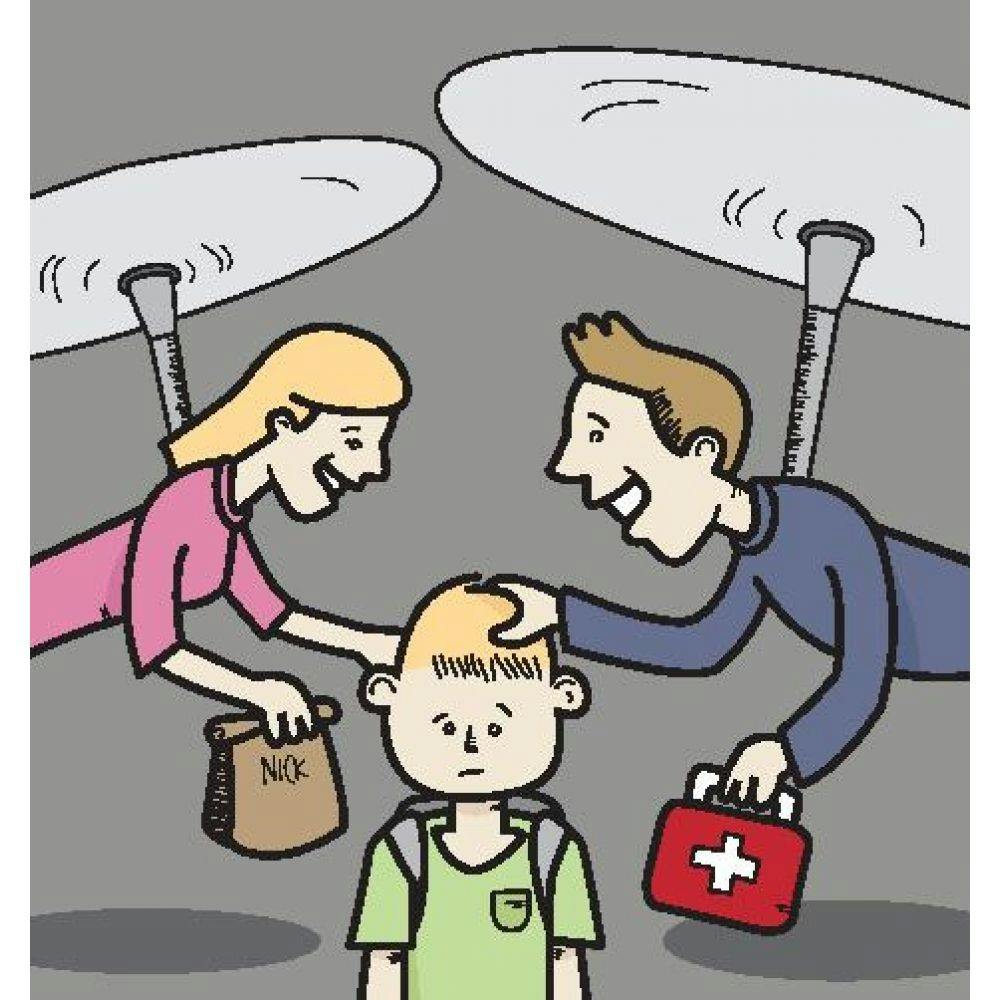Kathy Collins, director of Residence Education and Housing Services, said she has dealt with parents so involved in their child's life, they ask if they can move into the residence hall with them.
“(Parents) want to be supportive and they try to provide assistance to their children, but they over-parent and fall into the helicopter parent stigma,” Collins said.
Helicopter parents, as they are often called, are parents who take an overbearing approach to be in control their child’s life. However, a simple conversation could quickly change that.
“Parents don’t trust their children to make adult decisions," said journalism professor Karl Gude, who wrote an article about helicopter parents for the Huffington Post. "They think they are better qualified to make decisions for their kids."
Some students might feel as though they have no say in going against what their parents say because they have a financial hold over them.
“Some students feel like they’re held hostage because their parents pay for their tuition and they can’t go against what their parents say because they don’t want to lose that,” Gude said. “I think that if parents pay for their kids education, it should come with no strings attached.”
Even though students move away from their parents when they go to college, some parents insist on trying to control and make decisions for their kids.
While parents might only want to help their children by making decisions for them, it can also cause problems down the road.
Collins said by allowing the parent to fight their kid’s battles, the child may not feel like they are at fault since their parents are the ones who made that decision for them.
Although children of helicopter parents may feel powerless against their parents, there are ways they can discuss these issues to create a more understanding and respectful relationship.
Collins suggested creating boundaries with parents which can help with setting up structure and responsibilities.
Kinesiology junior Blake Sutherland has taken this approach with his parents and said it has helped with his transition from moving away from his mother, who would call him a lot when he first moved away.
“I had a conversation with her," Sutherland said. "I told her that it’s hard but you have to let me make my own decisions and make my own way. She understood and really supports me.”
Gude said parents tend to helicopter, not to be controlling, but because they love their child and have the best intentions for them.
“They need to recognize what their child wants to do and respect them,” Gude said. “Conversation rather than dictation.”
Support student media!
Please consider donating to The State News and help fund the future of journalism.
Discussion
Share and discuss “Dealing with parents who won't let go ” on social media.







